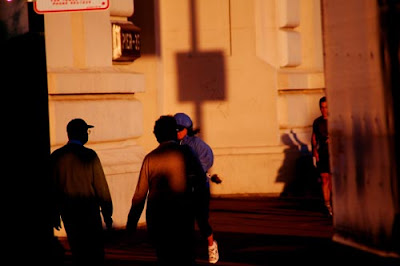
Wednesday, 31 August 2011
Sunday, 28 August 2011
A homage to Susan Sontag

Susan Sontag, On Photograpy: "Most tourists feel compelled to put the camera between themselves and whatever is remarkable that they encounter. Unsure of other responses, they take a picture. This gives shape to experience: stop, take a photograph, and move on. The method especially appeals to people handicapped by ruthless work ethic - Germans, Japanese, and Americans."
And Norwegians too, I suppose. But don't let the quotation fool you; she wasn't as negative as she sounds.
And Norwegians too, I suppose. But don't let the quotation fool you; she wasn't as negative as she sounds.
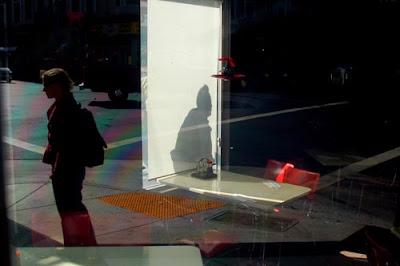

Sontag continues: "Using a camera appeases the anxiety which the work-driven feel about not working when they are on vacation and supposed to have fun."
Thursday, 25 August 2011
Sven Yrvind
We often hear that our time is the time of individualism. But somehow people seemed more individualistic in the past.
Our kind of individualism is like a mass movement. It's a promoted lifestyle, and a product. Maybe that's why it's hard to come by a true individual person, like Sven Yrvind.
The Swedish small-boat sailor just left Ireland. Born in 1939, with a self-made boat, he's on his way to Florida.
Our kind of individualism is like a mass movement. It's a promoted lifestyle, and a product. Maybe that's why it's hard to come by a true individual person, like Sven Yrvind.
The Swedish small-boat sailor just left Ireland. Born in 1939, with a self-made boat, he's on his way to Florida.

Tuesday, 23 August 2011
I had no idea
Saturday, 20 August 2011
People

I think it's strange the way we all see 'people'. And the way we change our opinions about 'them'. Of course, it's a question whether we connect or not. But how do we connect, and why aren't we always connected?
I guess it only takes one stranger to turn us around, in one way or another; a stranger that's held responsible for a sea of strangers.
There's a mystical quality in this. Imagine walking in a crowd that fill you with stress and disgust, versus walking among strangers you love and respect.
I guess it only takes one stranger to turn us around, in one way or another; a stranger that's held responsible for a sea of strangers.
There's a mystical quality in this. Imagine walking in a crowd that fill you with stress and disgust, versus walking among strangers you love and respect.
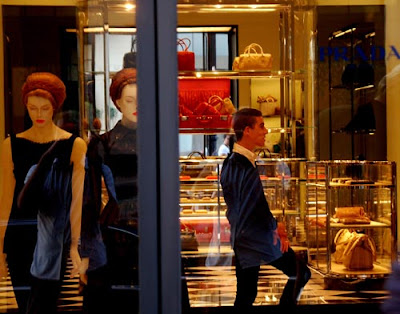



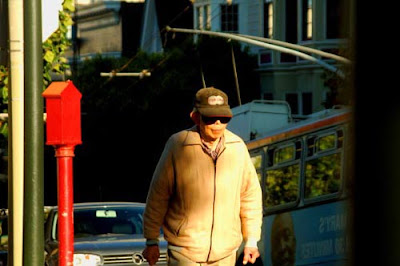
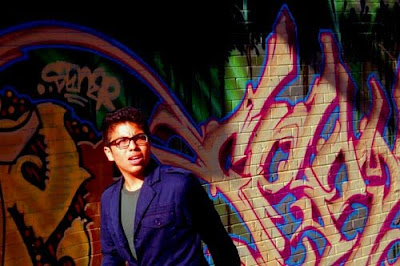
But then again, it might be that Charles M. Schulz was right on: "I love mankind; it's people I can't stand."
Wednesday, 17 August 2011
No one is going nowhere

Modern society has turned choices into a time-consuming chore. We're spending time in stores, choosing between different brands of cookies and cameras. Different brands of water. Different brands of toothpaste and cars.
And then we go online to seek out more alternatives. But why do we spend time choosing when the difference doesn't matter?

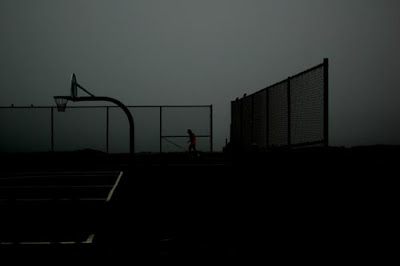
On the other hand; we do have important choices in our lives. Things like who we're going to marry, where to live, what kind of work we'll do, if we're going to have kids and if so how many. Strangely, these decisions seems less based on a choice.

And then we go online to seek out more alternatives. But why do we spend time choosing when the difference doesn't matter?


On the other hand; we do have important choices in our lives. Things like who we're going to marry, where to live, what kind of work we'll do, if we're going to have kids and if so how many. Strangely, these decisions seems less based on a choice.

Sunday, 14 August 2011
In a hundred years

I used to avoid cars when taking pictures of landscapes. I guess they were too trivial, or too ugly, to fit into what we call 'scenic'.
We step out of our cars and direct our cameras towards mountains, beaches and lakes. No cars, no roads. Of course: nature should be pristine, and we are willing to lie about it.
But cars and roads are almost always present. And in a hundred years, who knows, our kind of traffic may even be scenic.







We step out of our cars and direct our cameras towards mountains, beaches and lakes. No cars, no roads. Of course: nature should be pristine, and we are willing to lie about it.
But cars and roads are almost always present. And in a hundred years, who knows, our kind of traffic may even be scenic.







Friday, 12 August 2011
Something weird
We saw something weird on our way down the Californian coast. It was outside Point Arguello, and it was almost dusk, with a sluggish sea. Then Nina called out. There was a strange animal in front of us.
We'd been seeing the different Californian seals for weeks, but this was something else. It stood quite tall in the water, like it wanted to get an overview. It stood out like a pillar of rock. The seal was huge. It had a mean head with a powerful jaw. The throat was whitish with black spots. I thought it looked like a leopard seal. But how could that be? The leopard seal belongs to Antarctica.
We passed within a few meters. The seal didn't move. We could see it had the eyes closed. The whole scene was mystical, otherworldly. I think about it every now and then, when I need to remember that the world is a weird and wonderful place.
Tuesday, 9 August 2011
The Silence
It's early Saturday morning in Monterey. Fog and silence. The harbour is serene. But we all have to say something, and sooner or later we'll start talking.


Susan Sontag wrote in her essay The aesthetics of silence: "One recognizes the imperative of silence, but goes on speaking anyway. Discovering that one has nothing to say, one seeks a way to say that."
Subscribe to:
Comments (Atom)

